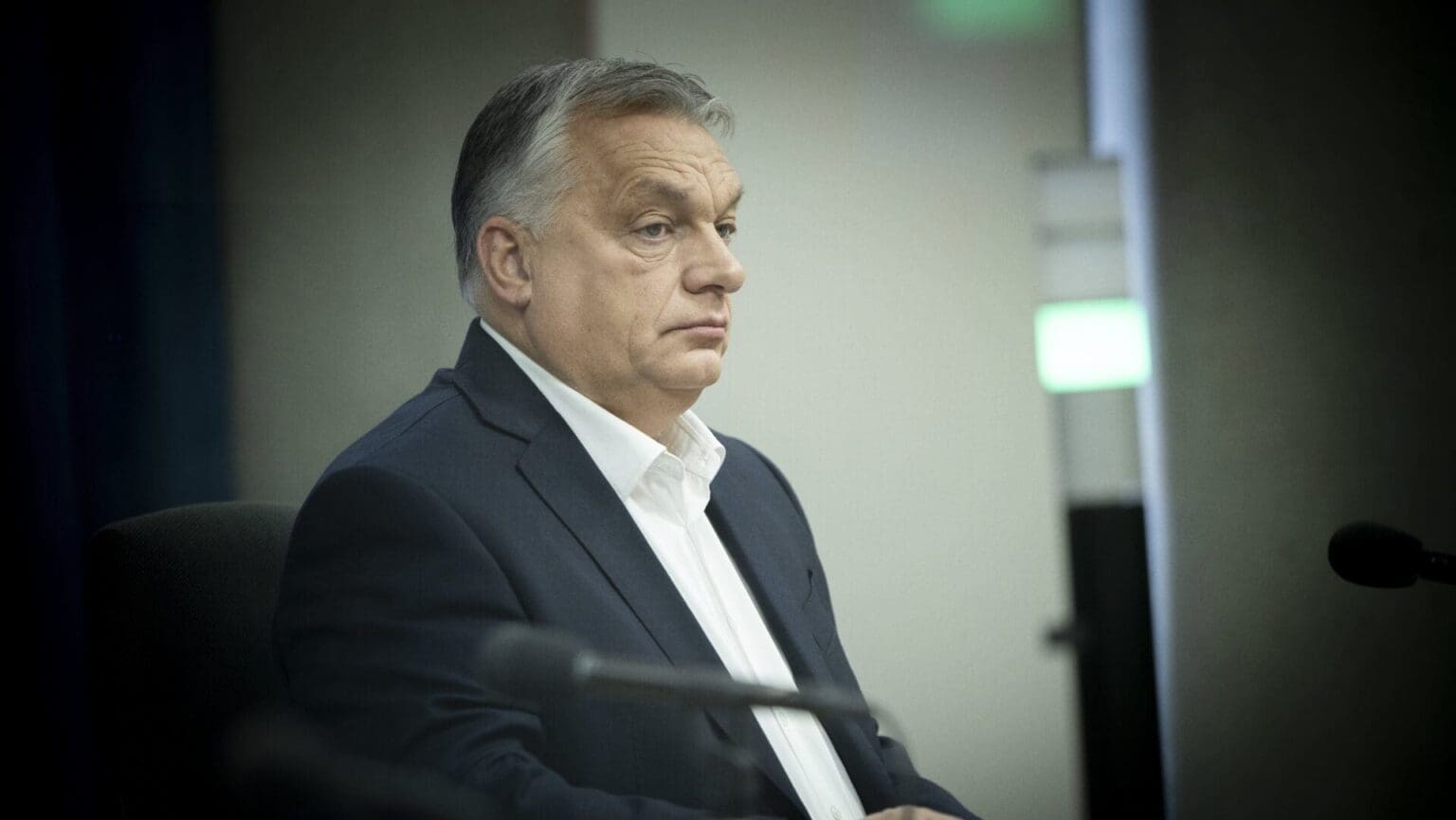
Prime Minister Viktor Orbán on Friday said it was a mistake for the European Commission to be pushing for EU leaders to put Ukraine’s European Union accession on the agenda, opining that the bloc should first sign a five to ten-year strategic partnership agreement with the country.
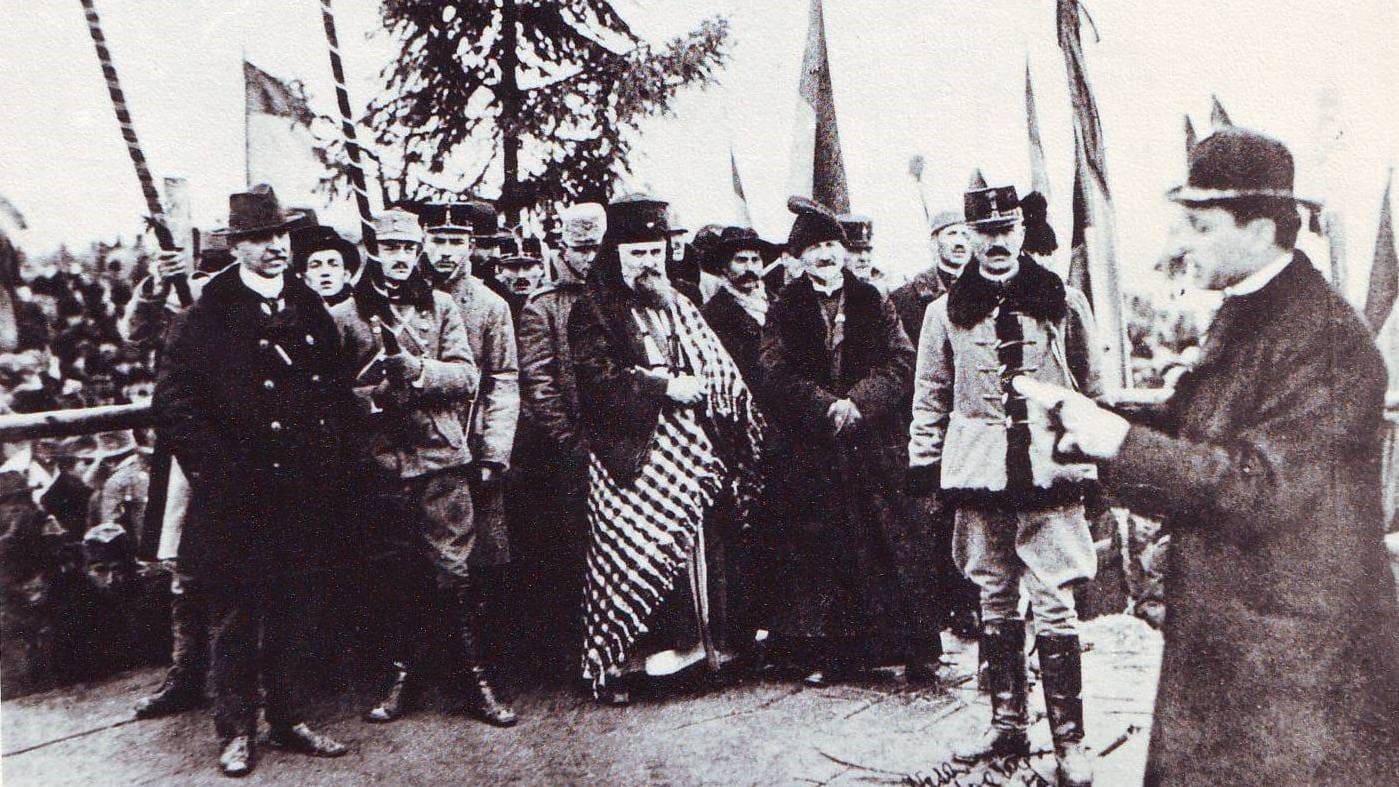
Although the unification made the dream of the Romanians come true, the aspirations of Transylvanian Hungarians for self-determination were ignored. The annexation of Transylvania to Romania was finally enshrined by the Treaty of Paris.
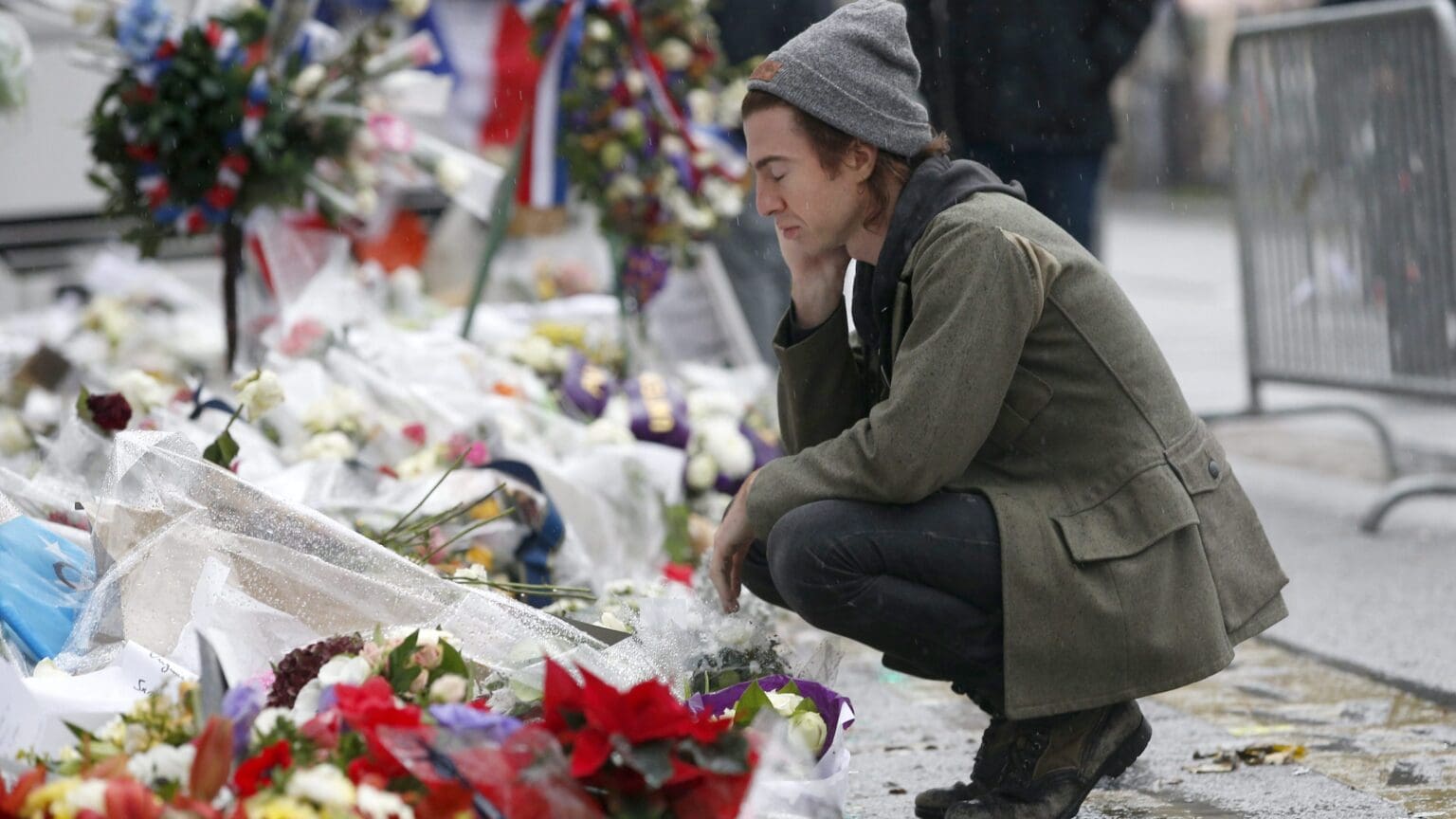
‘There will never be a full-proof manner in individualizing who within a Muslim community is a terrorist. At the same time, doing absolutely nothing, like the elite in Brussels does, only harbours Muslim jihadists on our front porch while they are preparing for the next attack.’
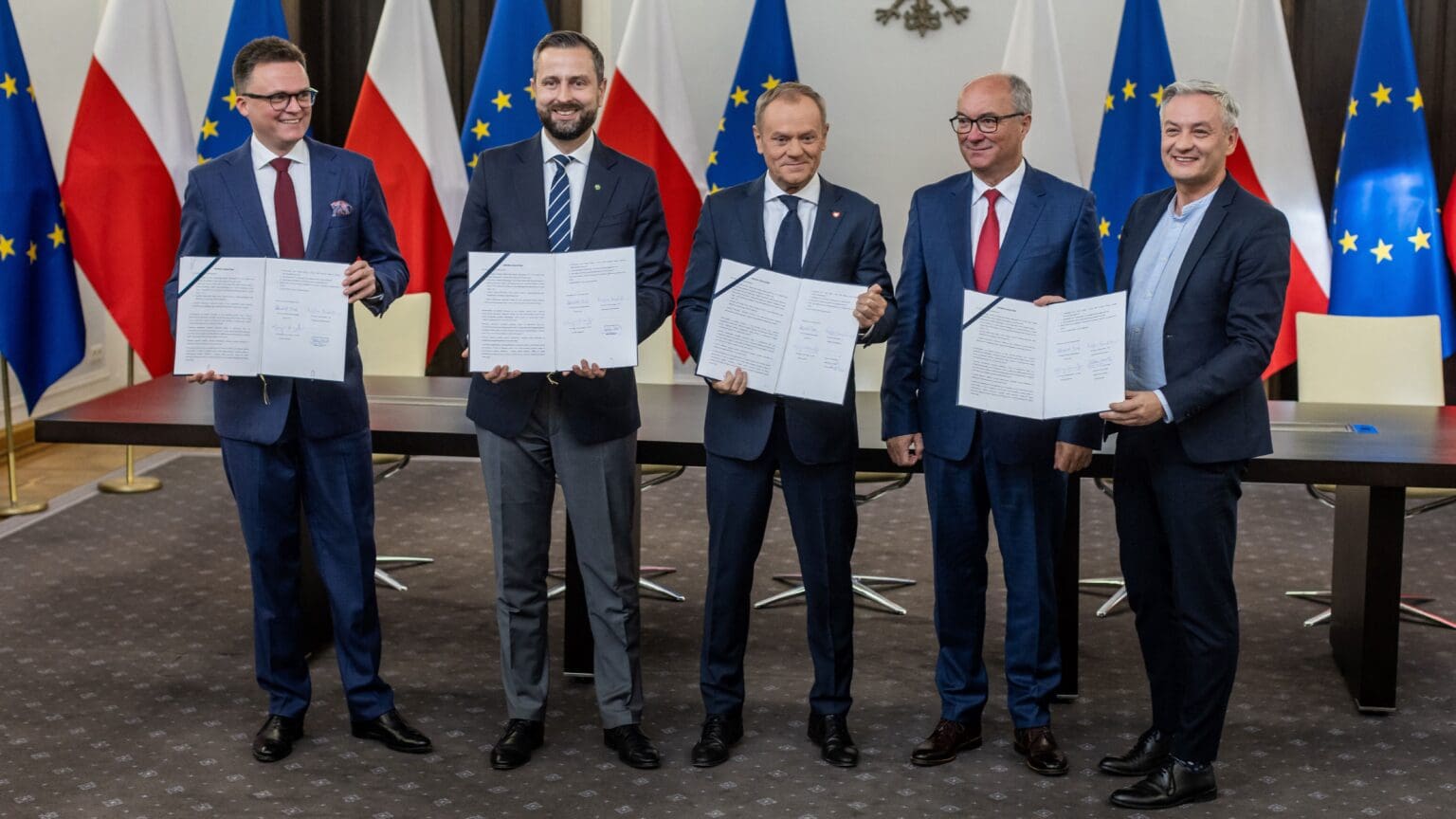
‘Once the power transition issue subsides, revenge is likely to become a central issue in Polish politics. Among the presumed incoming government’s proposals are journalistic purges and political show-trials, precisely the sort of banana-republic behavior anti-PiS voices have long alleged on the part of the outgoing government.’
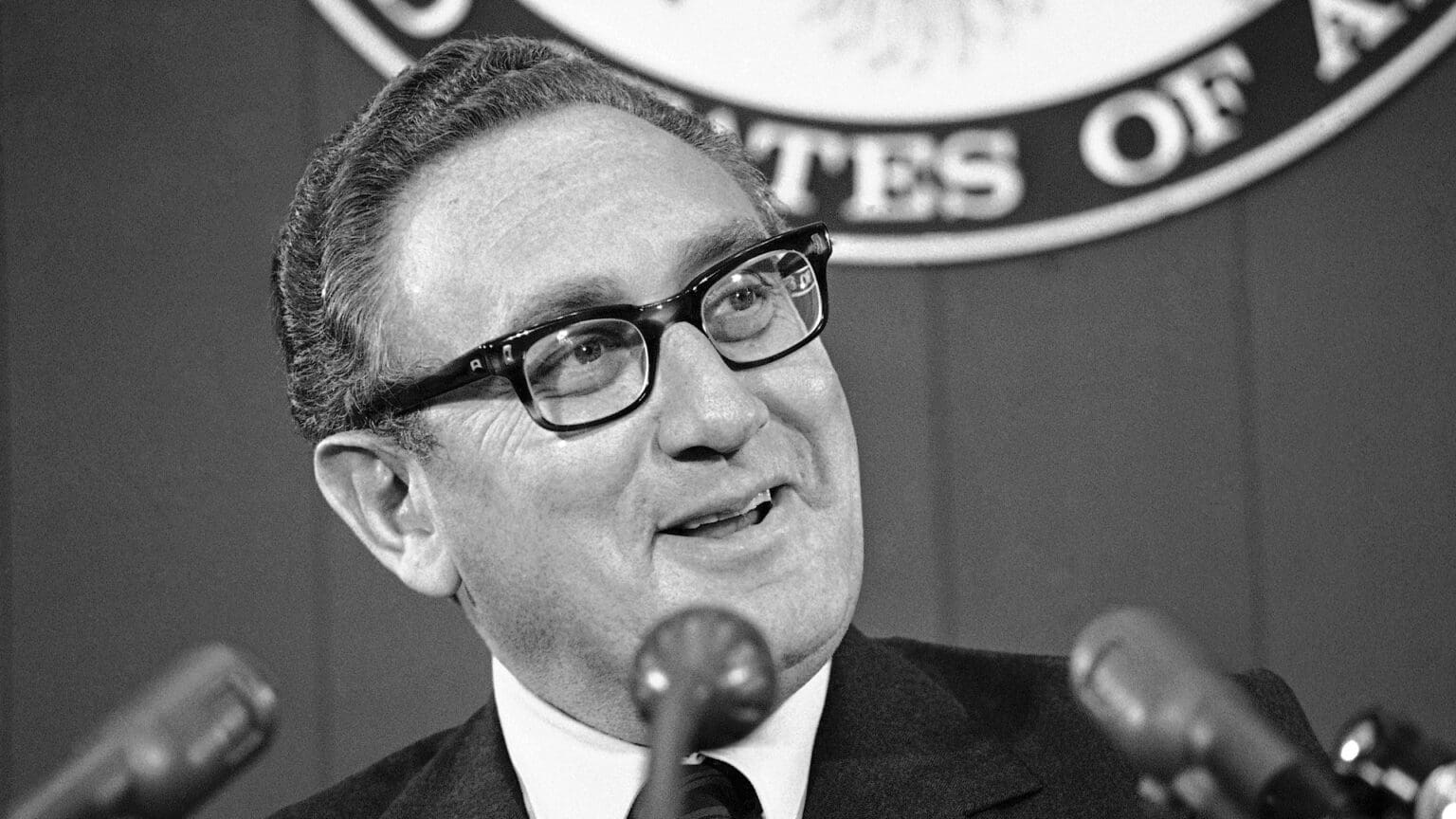
Kissinger served as US Secretary of State under Presidents Richard Nixon and Gerald Ford between 1973 and 1977. In 1973, he won the Nobel Peace Prize. Known for his realist approach to foreign policy, he had considerable impact on many major world events during his century in this world.
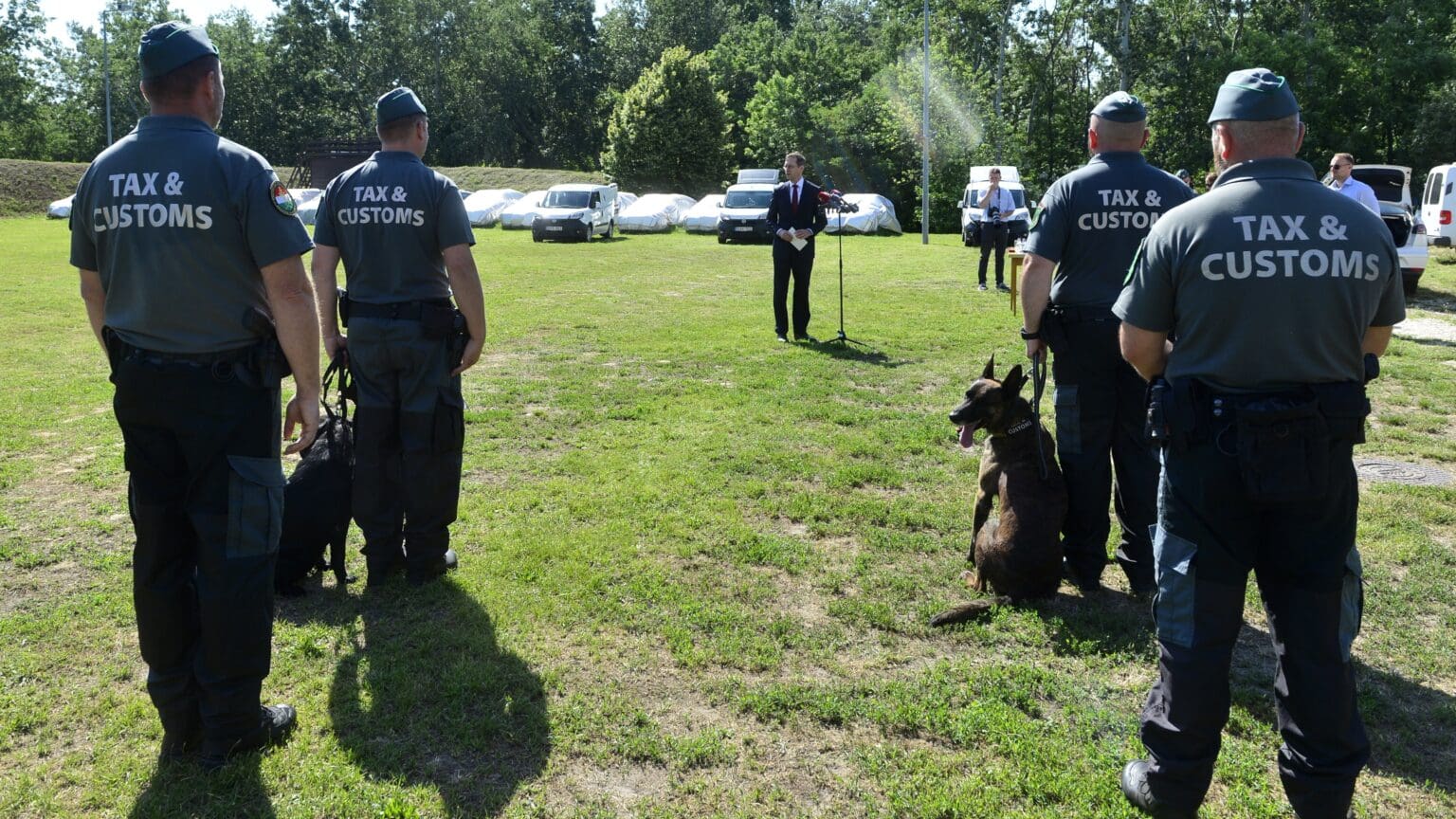
Speaking at the National Tax Consultation event organized by the National Tax and Customs Administration (NAV), Finance Minister Mihály Varga stated that with the change in the tax authority’s mindset, NAV has succeeded in becoming a customer-friendly office. He highlighted that NAV has fulfilled the task of renewal, evident in the significant improvement in its public perception since 2010.
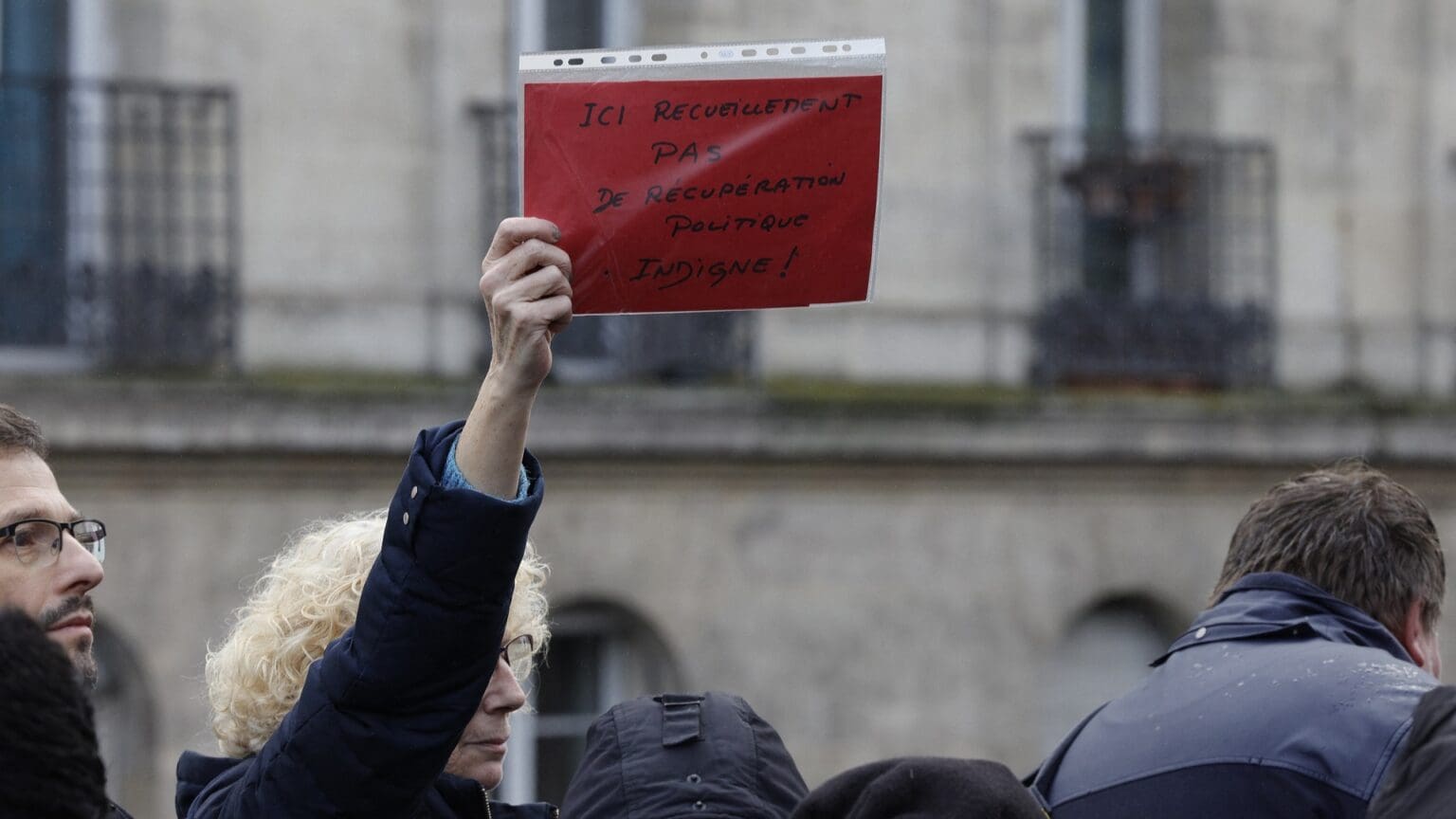
AFP is one of the three major global news agencies. Yet, in their paid photo library service, images of a major march against antisemitism that took place on 12 November in Paris, France are not available (or at least not searchable), but photos of a much smaller event happening on the same day, organized by the left-wing LFI party are. In addition, the results of search keywords related to the Israeli-Palestine conflict also give curious results.
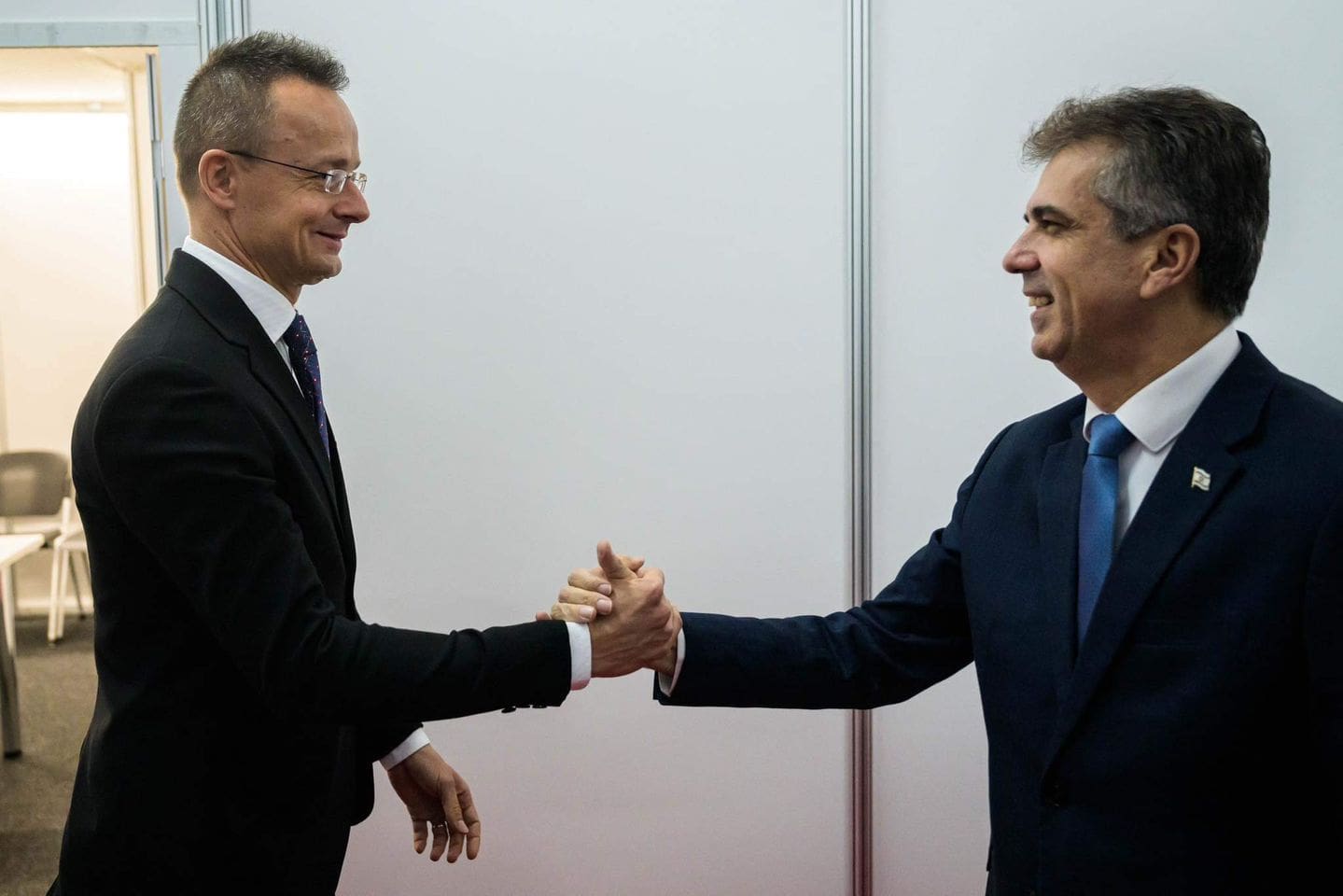
‘I asked my colleague to assist us in ensuring that the two [remaining] Hungarian nationals who hold dual citizenship can be released from captivity as soon as possible,’ Péter Szijjártó shared, adding that it is excellent news that one of the affected individuals is demonstrably alive and stressed the importance of locating the other person. He expressed the hope that both can return home as soon as possible.
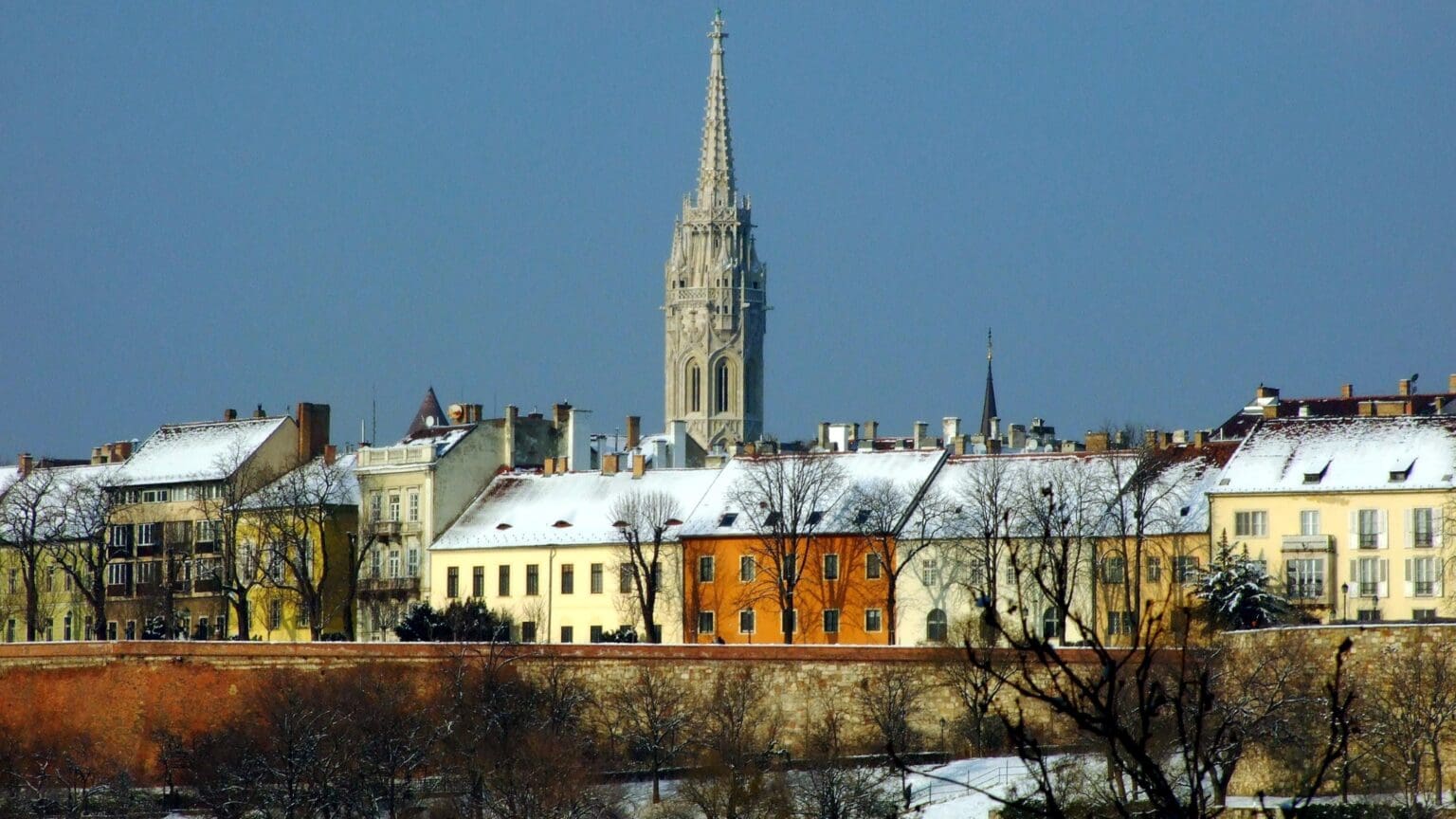
As part of the series titled ‘Advent in Buda,’ visitors can expect a vibrant array of activities, including stage performances, handcraft workshops, folk art nativity scenes, exquisite Hungarian culinary delights, candle lighting, and a festive atmosphere.
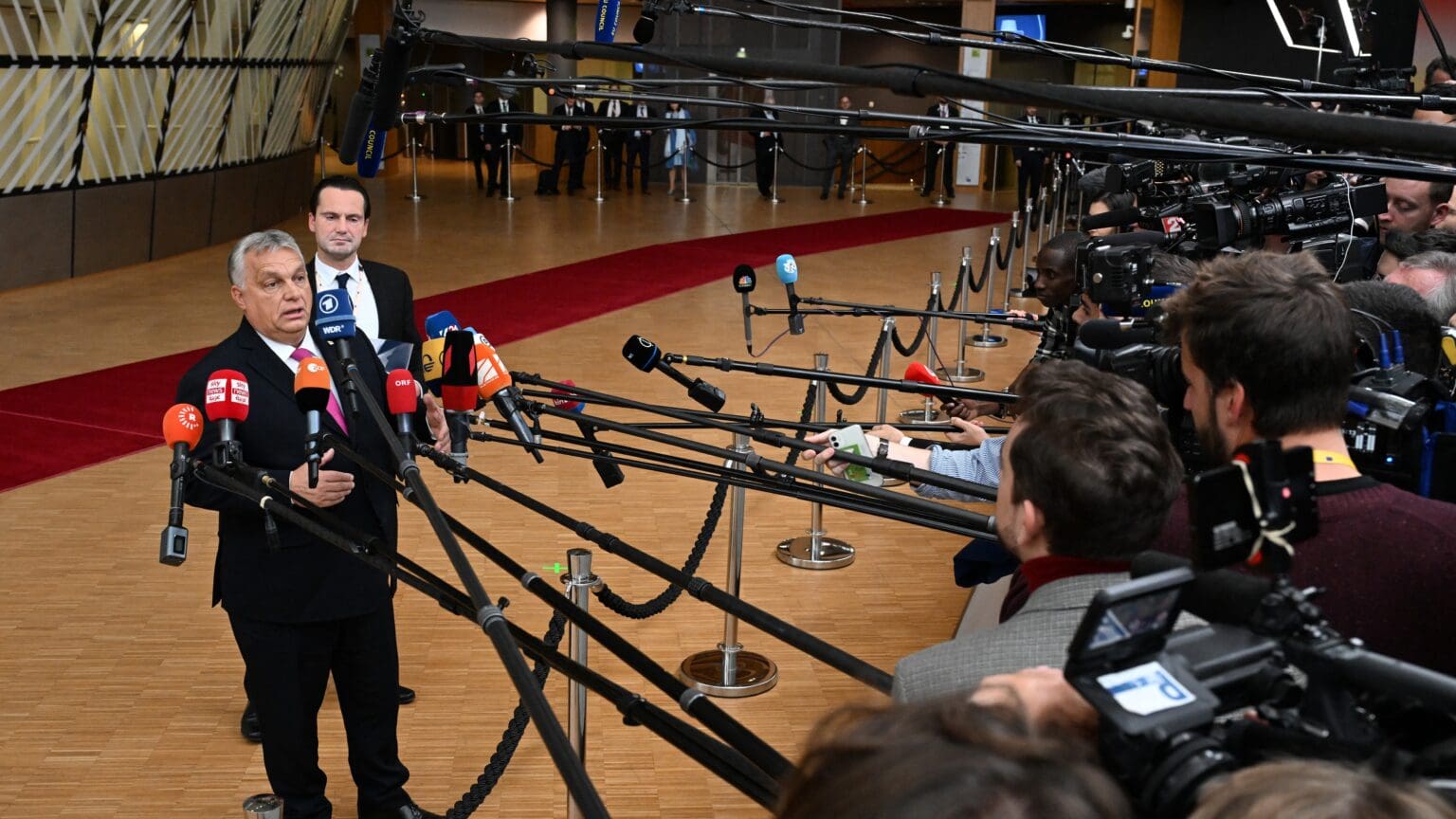
The Hungarian state acquired the former Ministry of Finance building for 10 million euros in 2021, below the appraised value according to the valuation. Due to its location and high prestige, the actual value of the property is practically priceless.
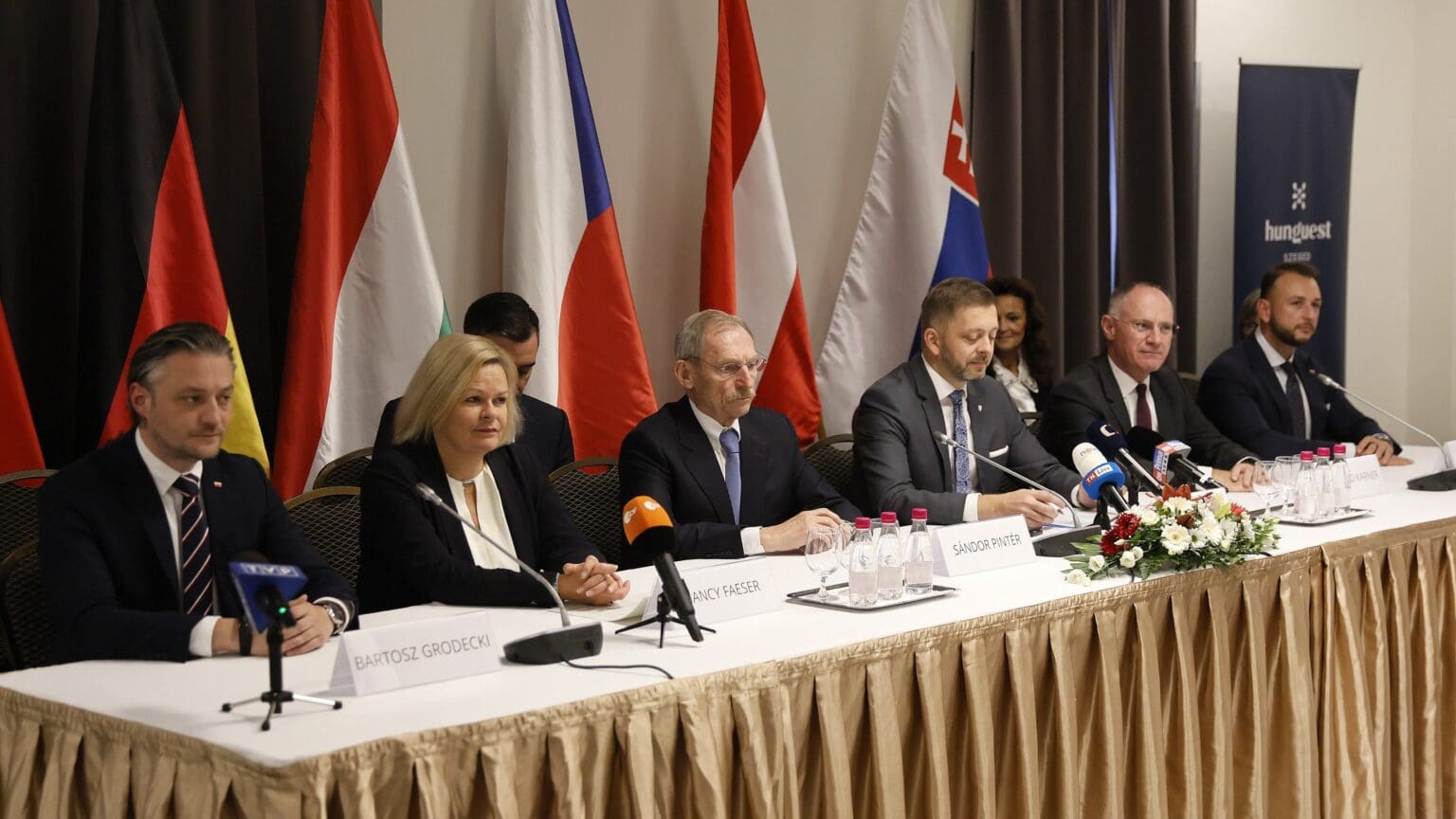
The participants of the conference agreed to hold regular meetings to assess migration processes, said President of the Visegrád Four and Interior Minister of the Czech Republic Vít Rakušan in Budapest on Monday.
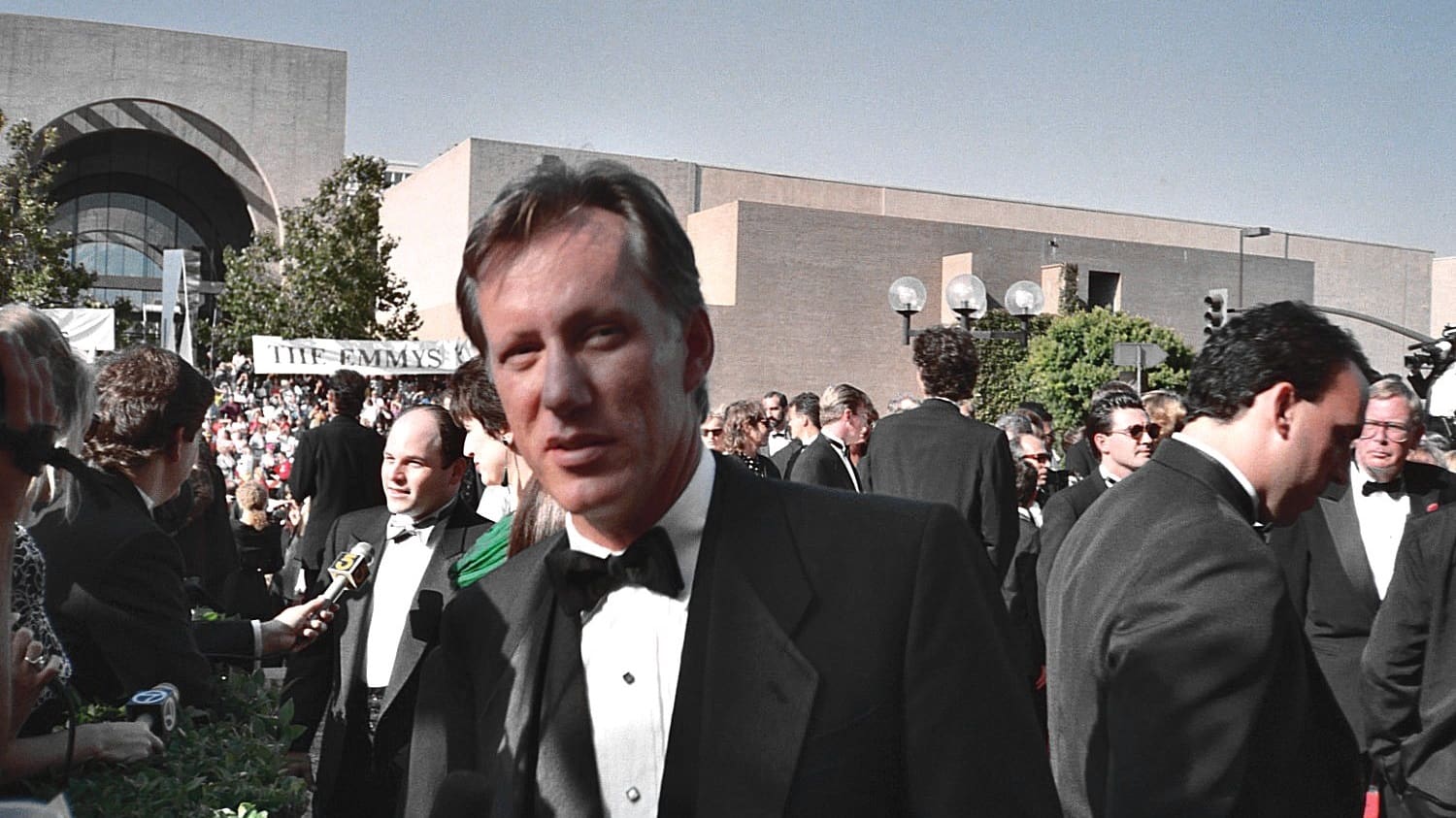
The 76-year-old former Oscar nominee lauded the Eastern European countries for protecting their borders and actually enforcing their immigration laws, unlike his country of the US.
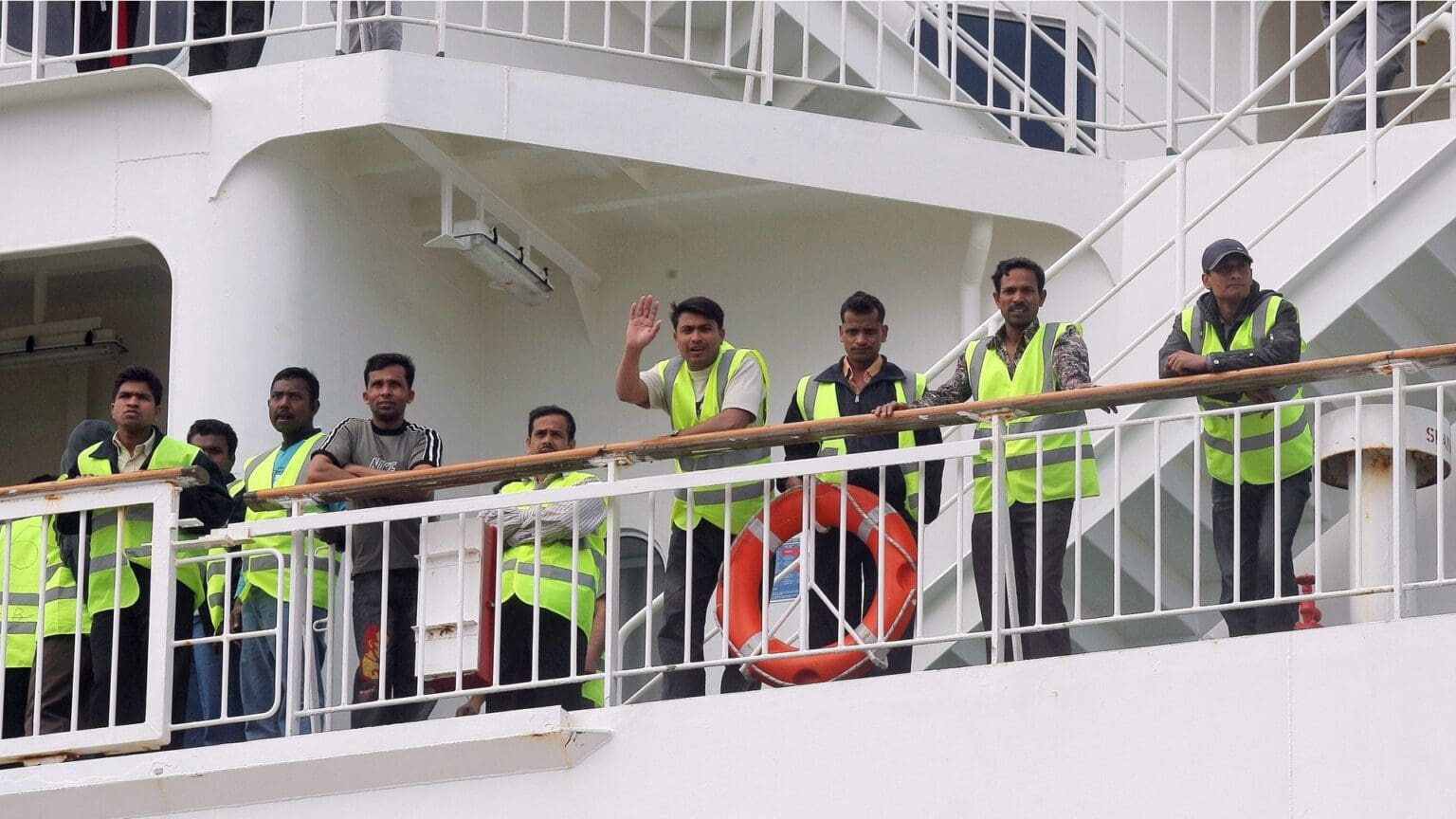
The new Hungarian draft law laying down general rules on the entry and residence of third-country nationals is an unprecedentedly strict piece of legislation, not only in Europe but also globally, to regulate the employment of workers from outside the European Union.
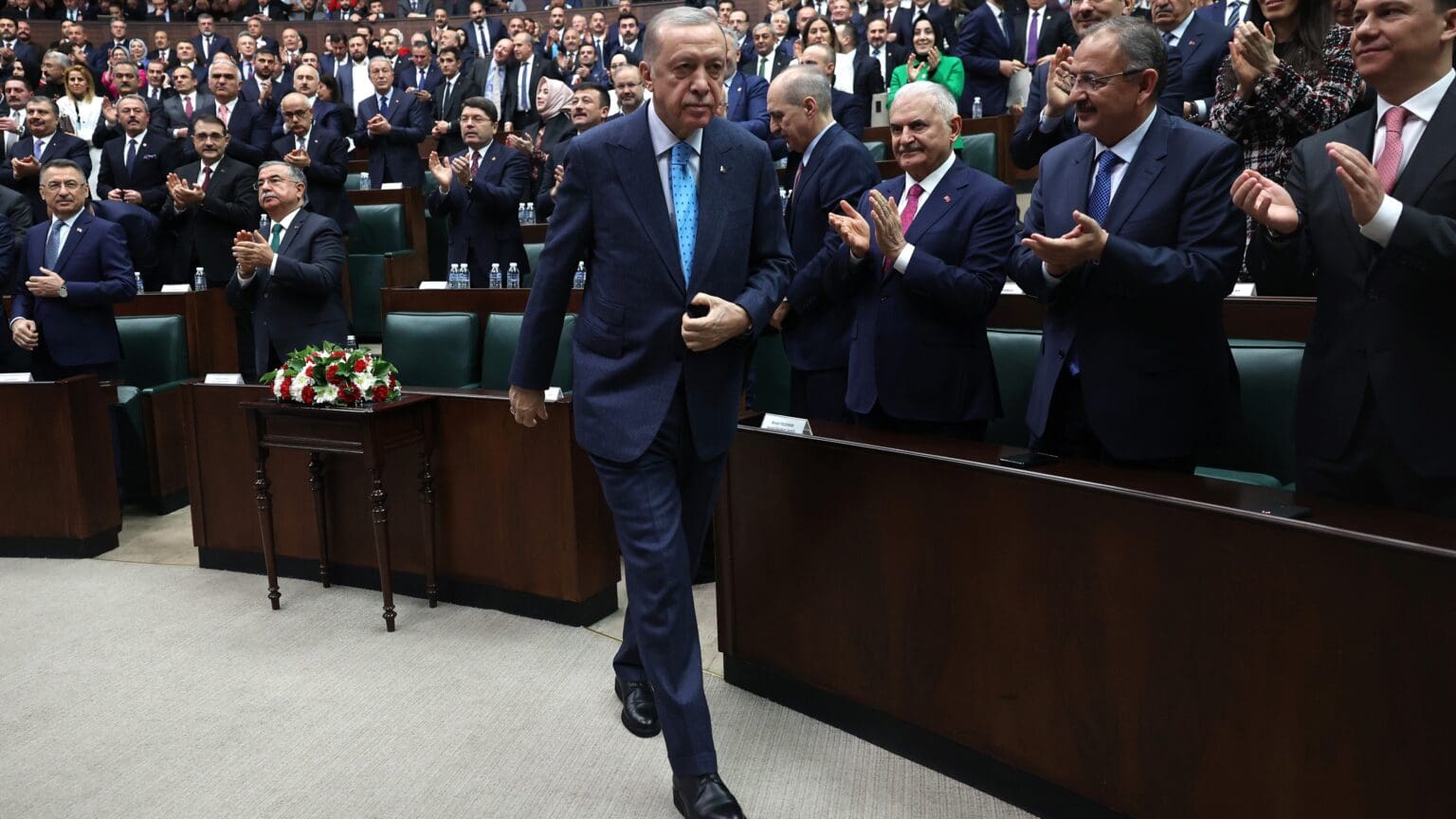
The two countries celebrate the 100th anniversary of the establishment of the Republic of Turkey and the initiation of Hungarian-Turkish diplomatic relations with a Hungarian-Turkish cultural season starting on 18 December. On the occasion of the anniversary, Turkish President Recep Tayyip Erdoğan will also visit Budapest.

This year, Hungary is set to break both investment and export records, with incoming foreign direct investment doubling from the previous year to €13 billion and Hungarian exports increasing from €142 billion in 2022 to €150 billion.
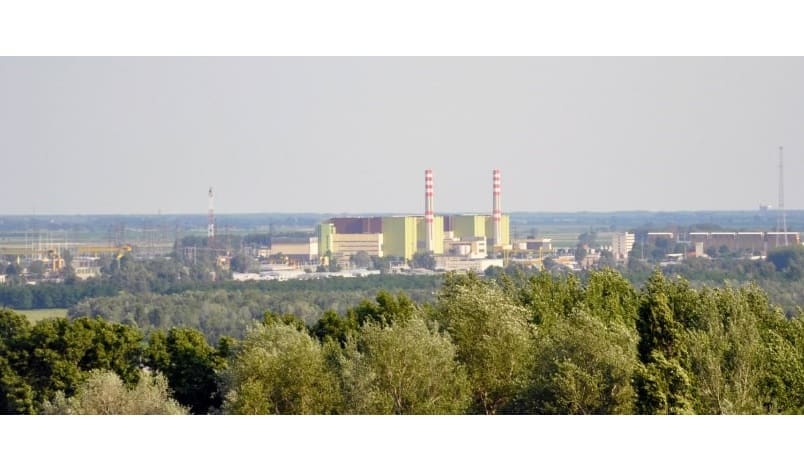
Allowing alternative sources of fuel to Paks is a step closer to diversifying Hungary’s energy resources. Meanwhile, the French company Framatome is the expected winner of the proposal to develop the control hardware of the power plant.
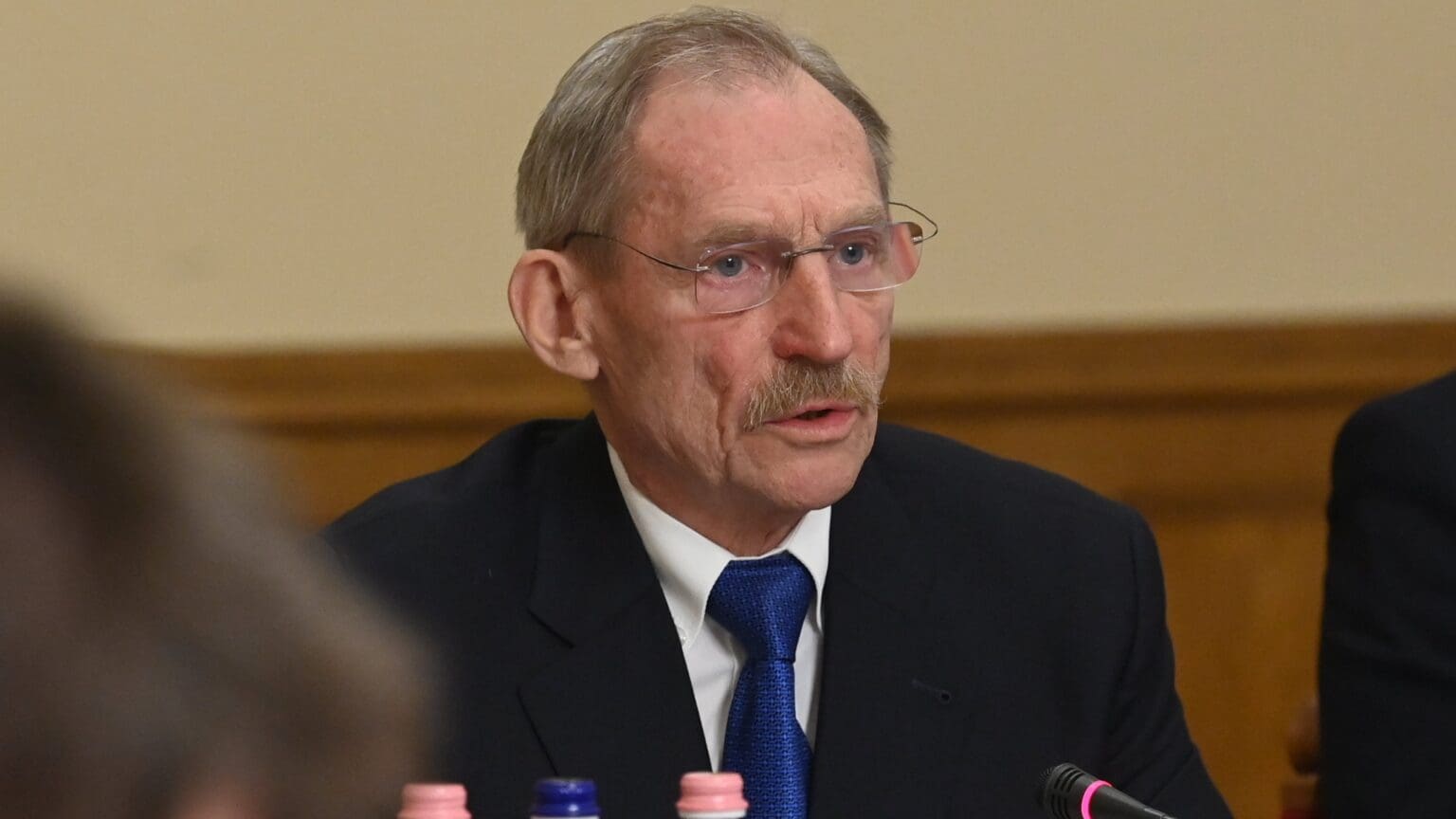
In March, the second phase of wage adjustment for healthcare professionals, including specialized nurses, will follow, as stated by Minister of the Interior Sándor Pintér during Tuesday’s session of the Welfare Committee of the National Assembly.
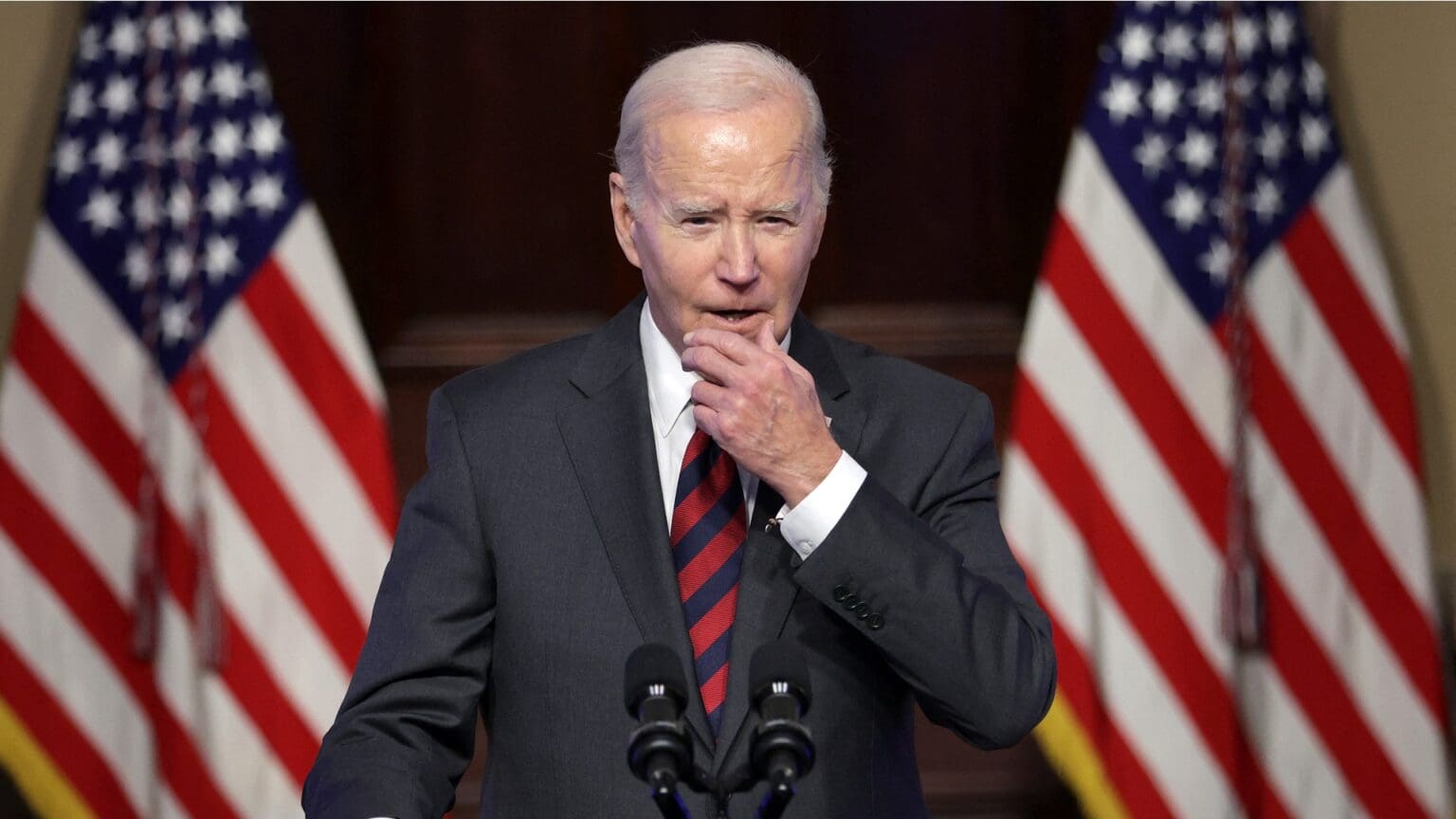
President Biden has to fight off multiple challengers from left-wing third-party and independent candidates, and attempt to turn around a very low approval rating of his economic policies. In light of the most recent polls, even some in his own party are questioning whether he should run for re-election next year.
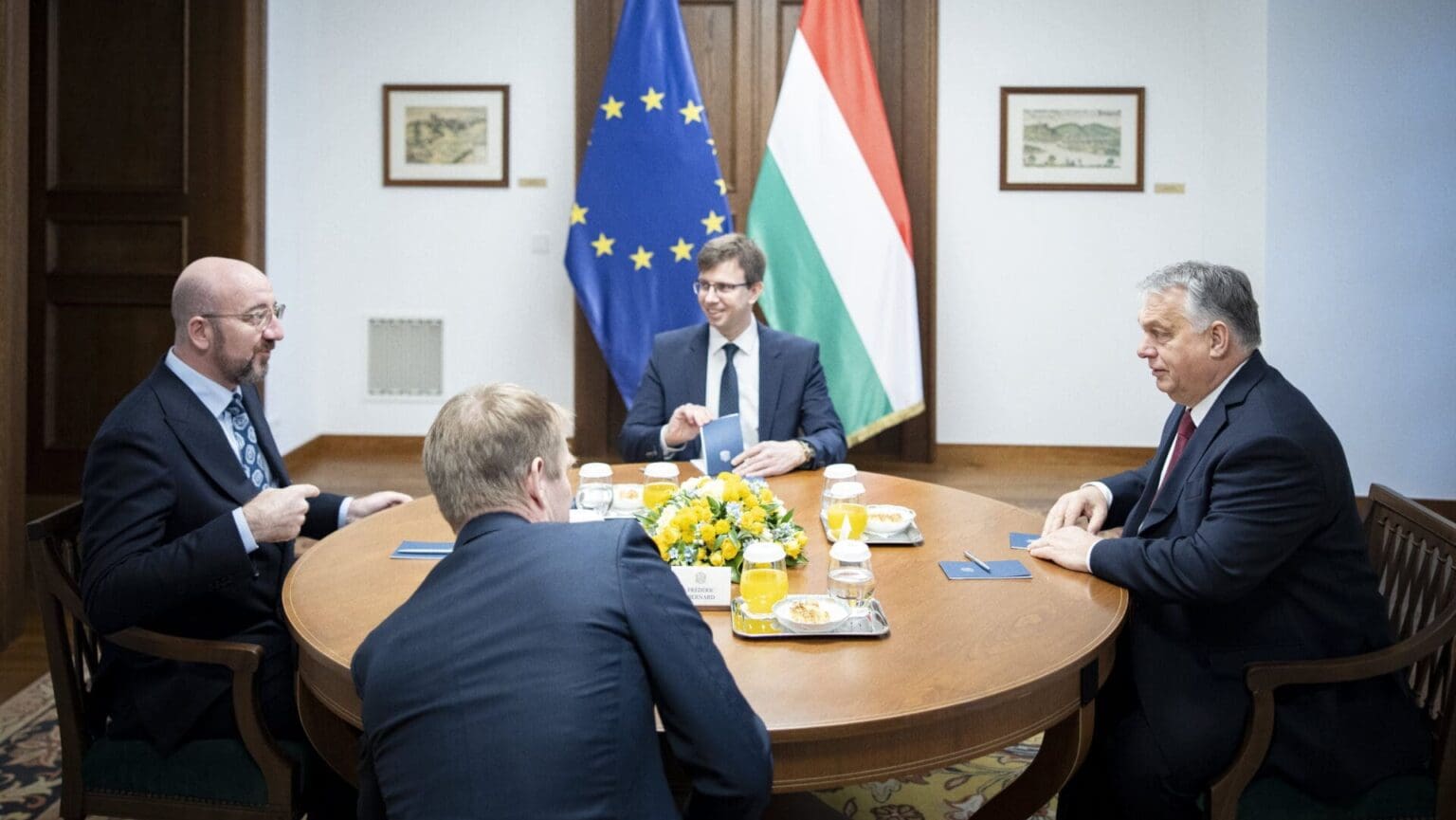
Earlier this year, the EU reached a preliminary agreement with Hungary regarding judicial reforms, outlining specific milestones that the Orbán government must fulfil to access funds.
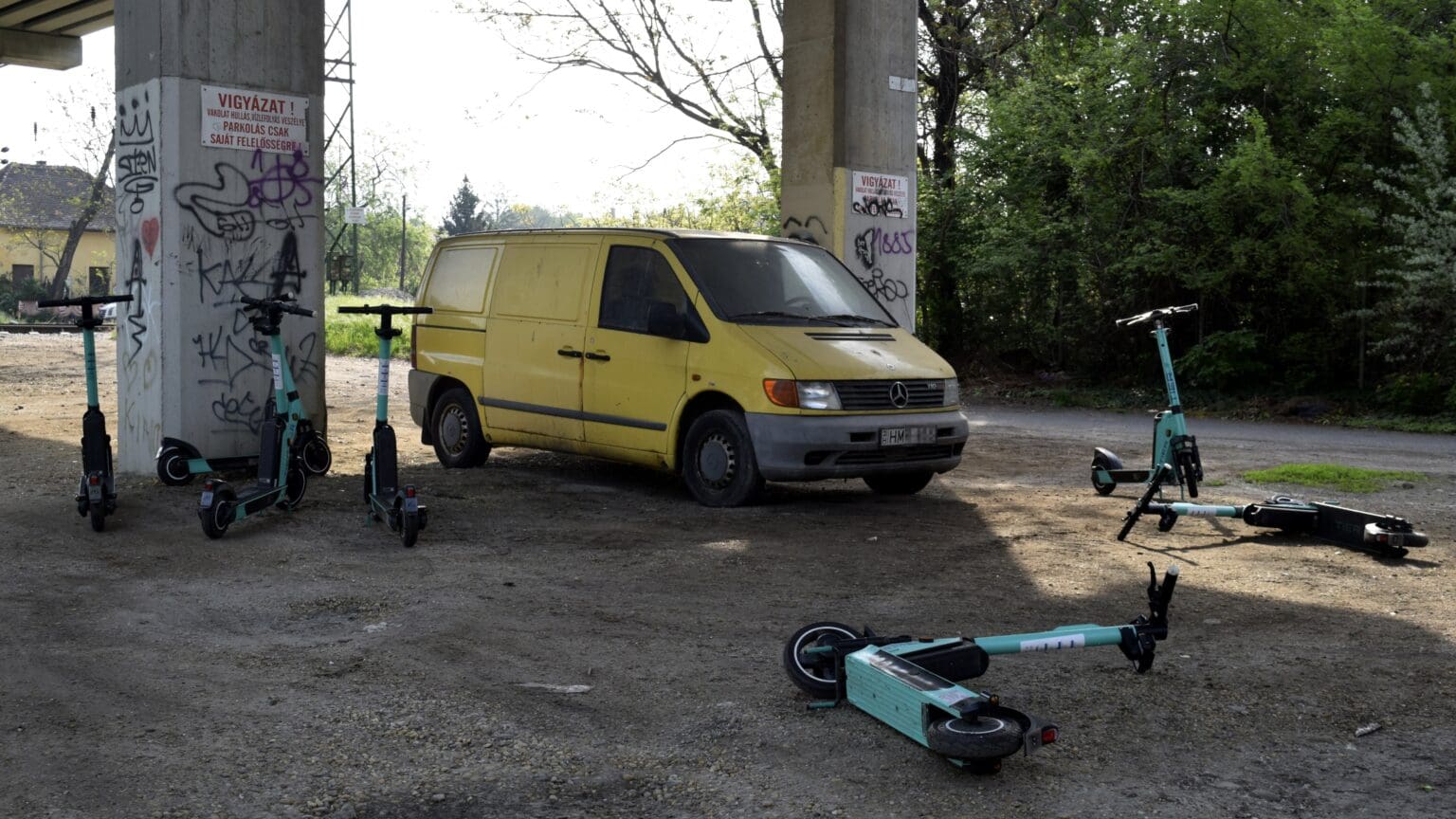
Because e-scooters are unregulated, it is not even clear whether they can be ridden on public roads or pavements, whether wearing a helmet while riding them is compulsory, or whether the same zero-tolerance alcohol limit applies to e-scooter users as to motorists.
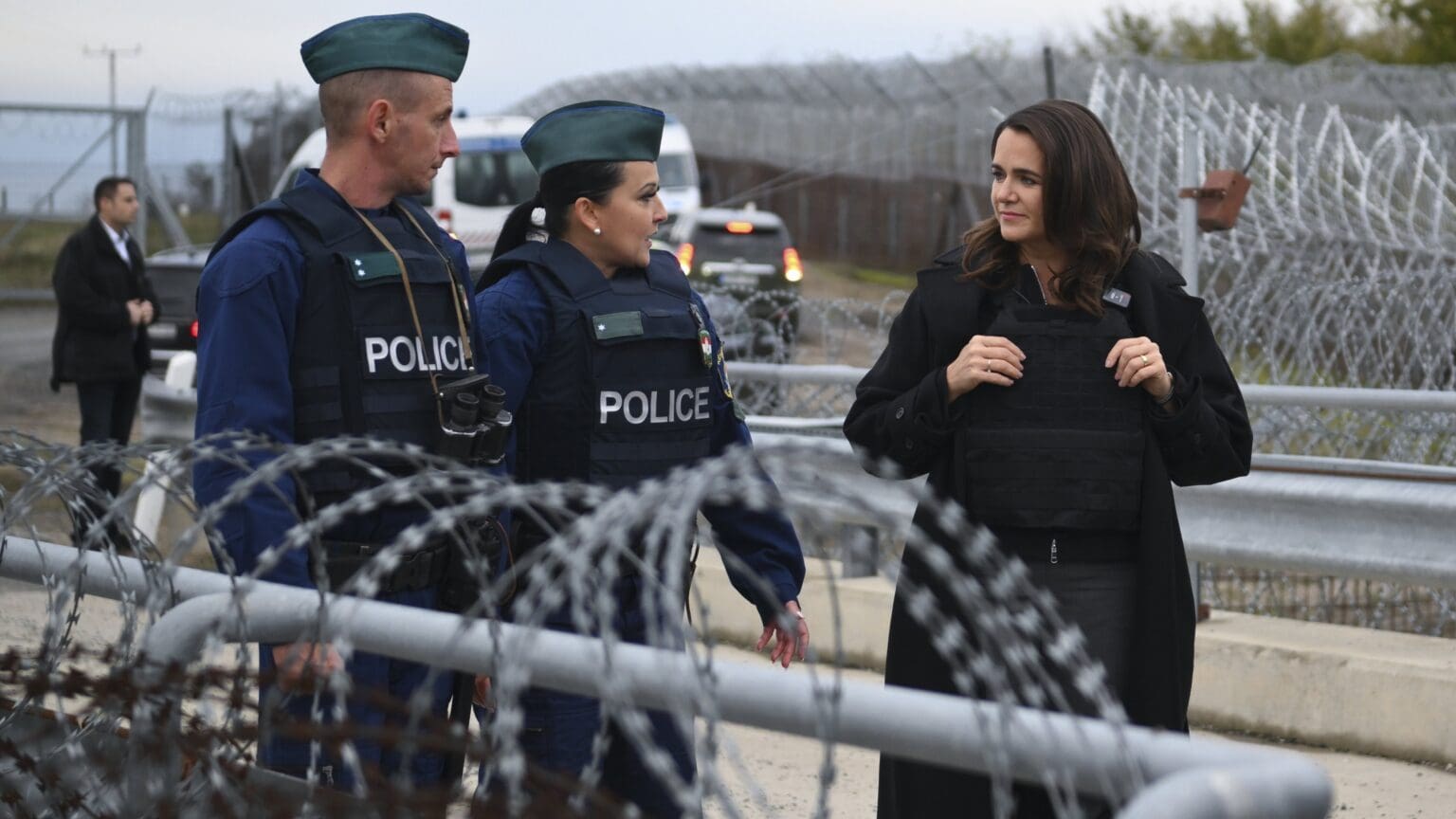
In an interview with a Bács-Kiskun County newspaper, Katalin Novák stressed the importance of making starting a family appealing to young people, the importance of border protection, and her mission to build stronger ties with Hungarian diaspora communities.
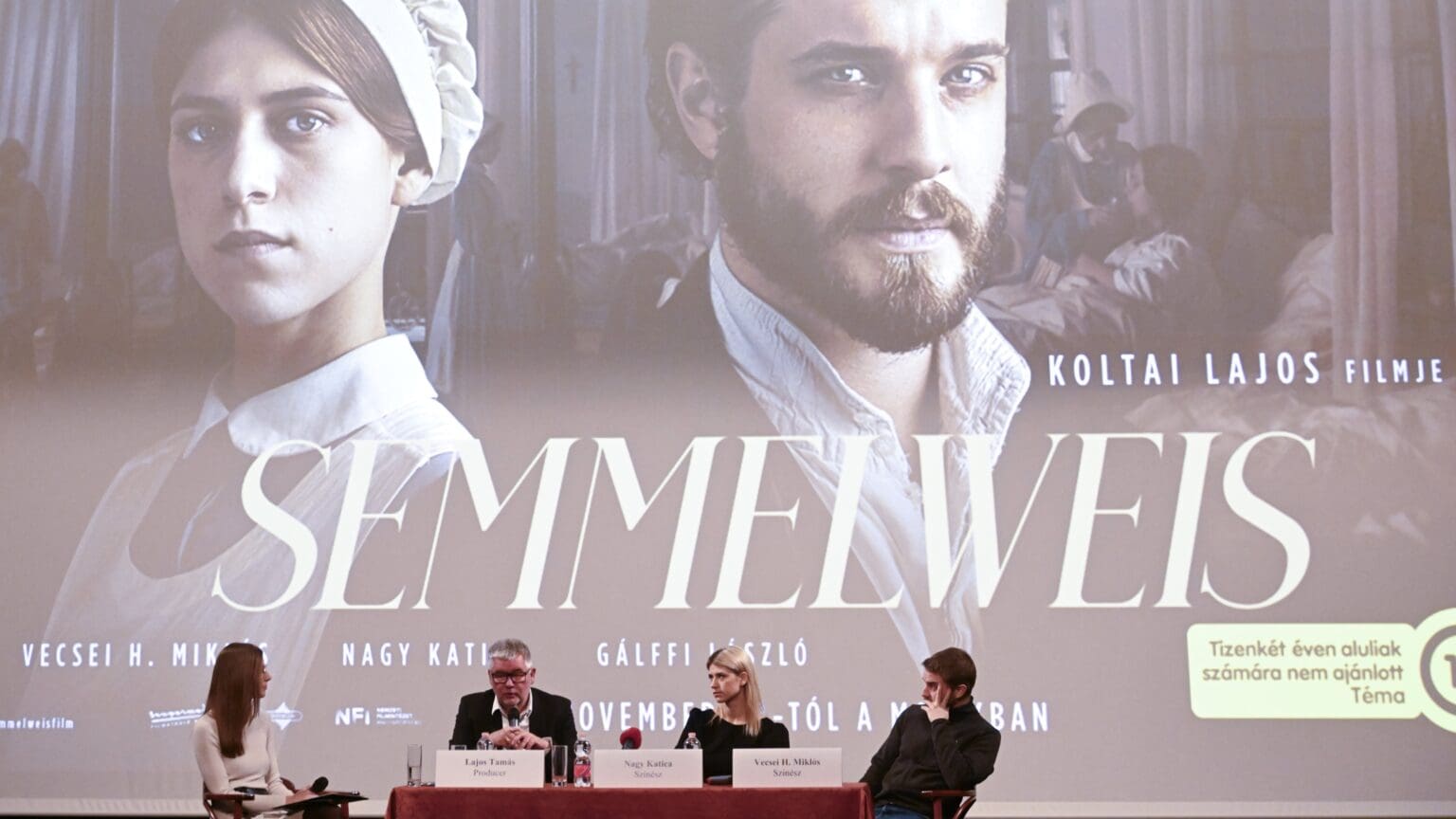
At a press conference in Budapest, producer Tamás Lajos disclosed that there are ongoing negotiations with international streaming services, expressing optimism regarding the film’s success abroad.
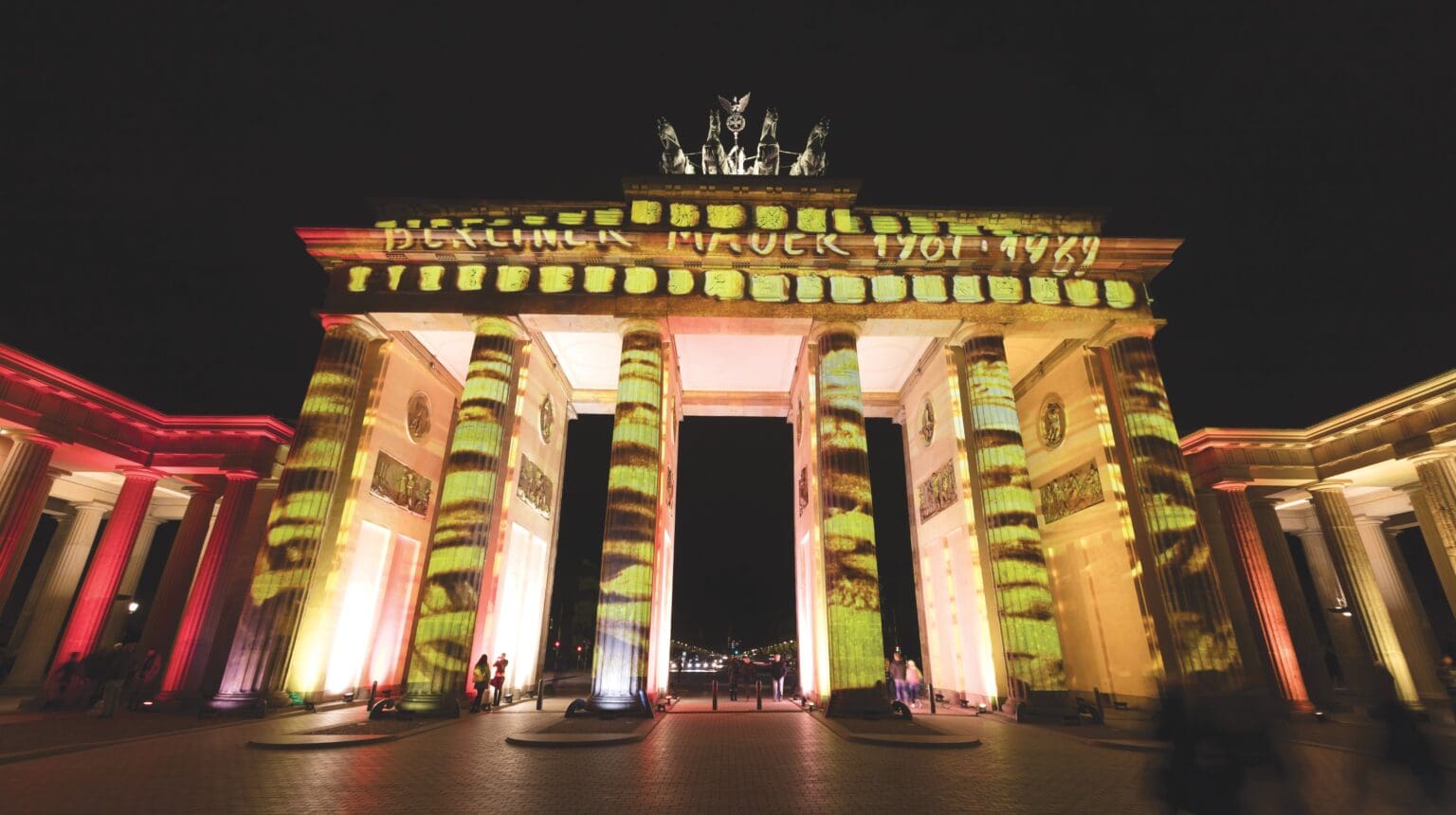
In general, the negative image of Hungary currently prevailing in Germany and Europe provides a summary explanatory model for why German conservatives have such reservations about Hungarian politics…When supporting Hungarian positions, German conservatives not only have to make significant discursive efforts, but sometimes also see the foundations of their own political projects as thereby threatened. The risk thus often seems too great for many.

The editorial staff believes this is an expression of political bias, and was motivated by the upcoming European Parliamentary elections next year. The last piece of their content flagged by Facebook was of a topic covered by all major news outlets in Hungary.
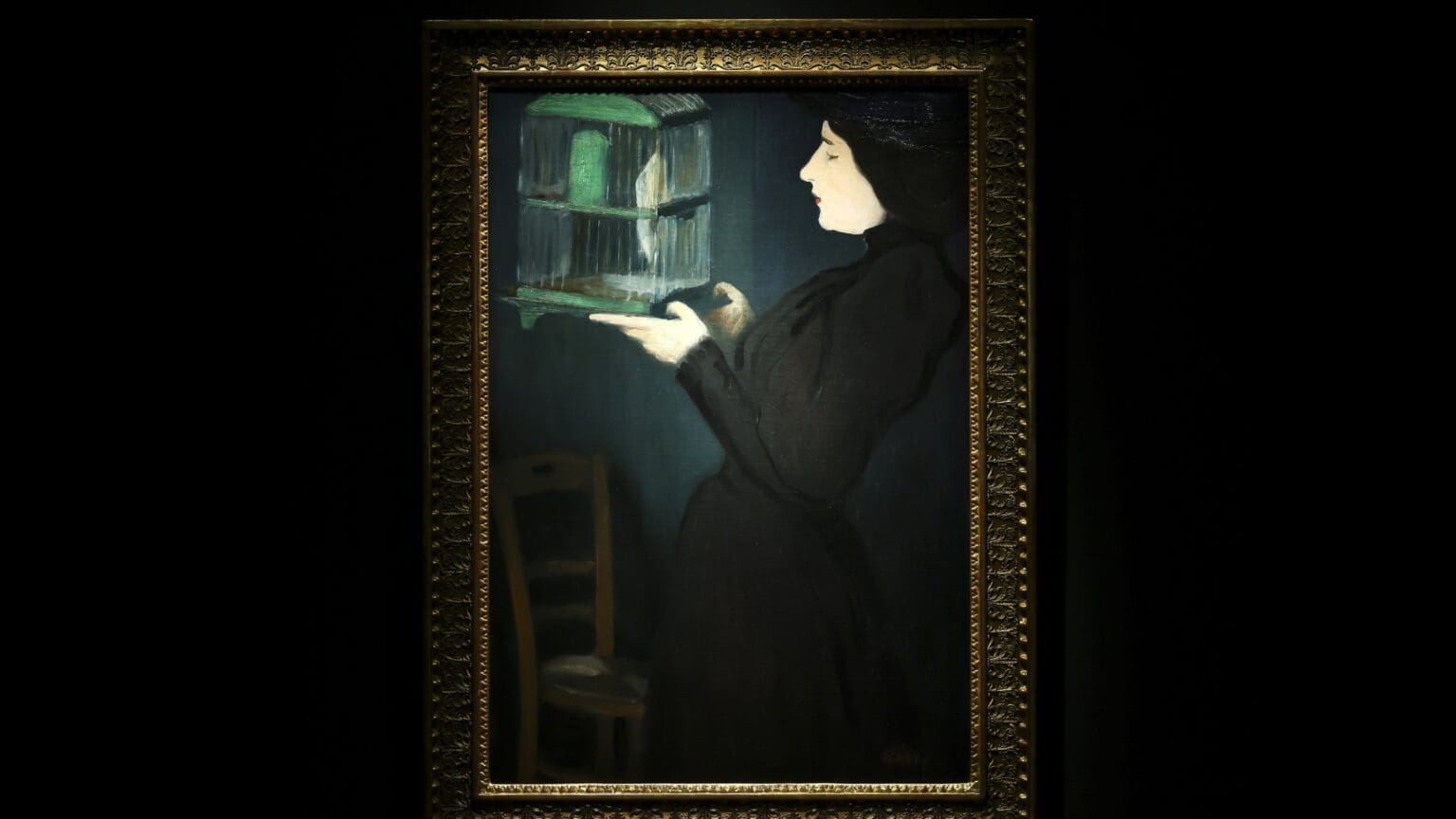
The artwork, also known as the Hungarian Mona Lisa, surfaced in 2005 after a century of obscurity but it did not stay in Hungary at that time.
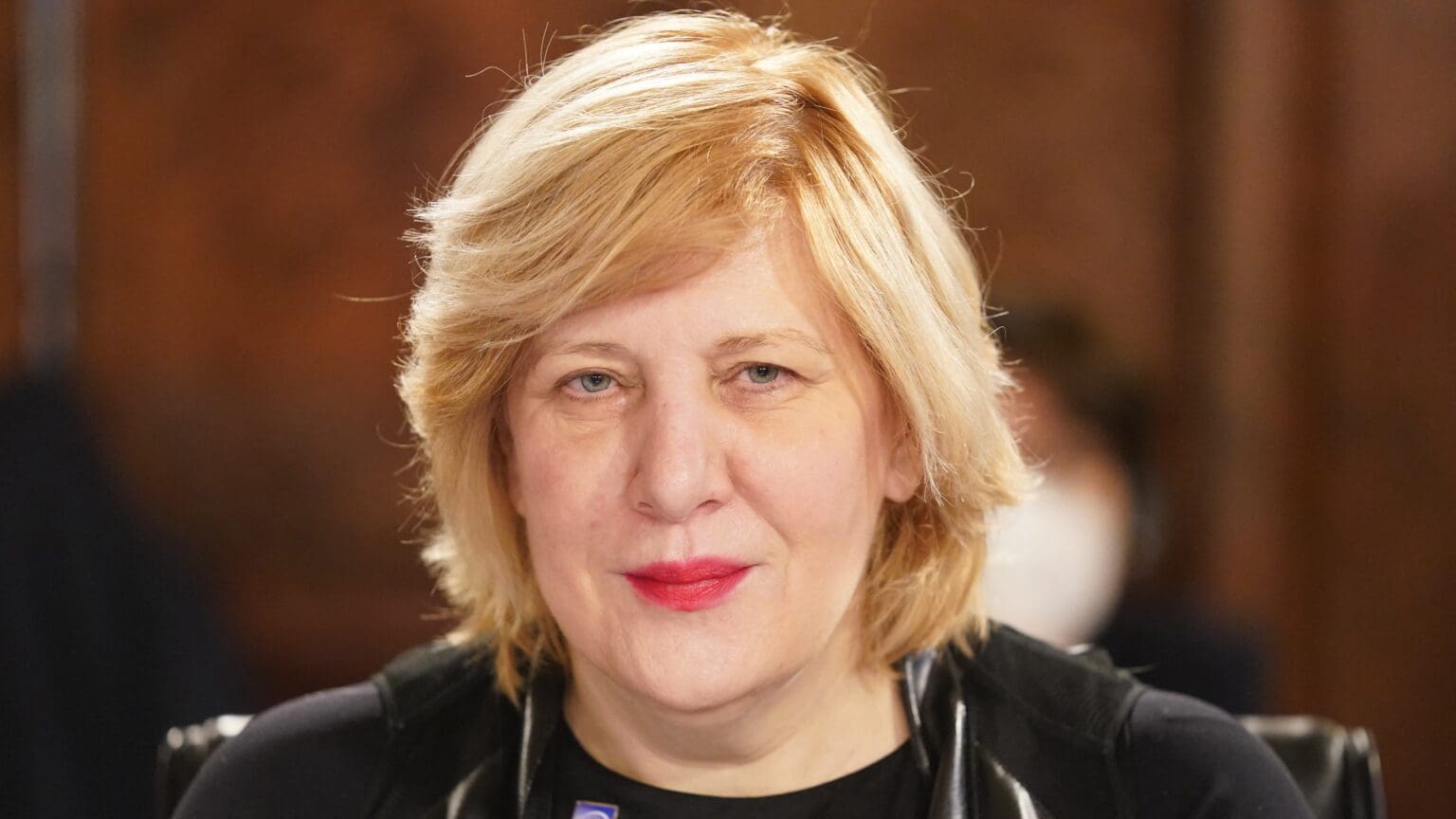
According to the Commissioner for Human Rights, both the draft legislative package submitted to parliament and the government’s parallel proposal, which seeks to integrate the new office into the Fundamental Law, are ‘so ambiguous that the proposed office could be used as a weapon against anyone considered an adversary.

All three Hungarian hostages, a woman and two girls, who have been held by Hamas since 7 October have regained their freedom.

State Secretary Bence Rétvári highlighted several measures, including the reform of school catering, the expansion of sports opportunities, the introduction of the so-called ‘chips tax,’ and restrictions on the availability of tobacco products, which led to better public health statistics in the country.
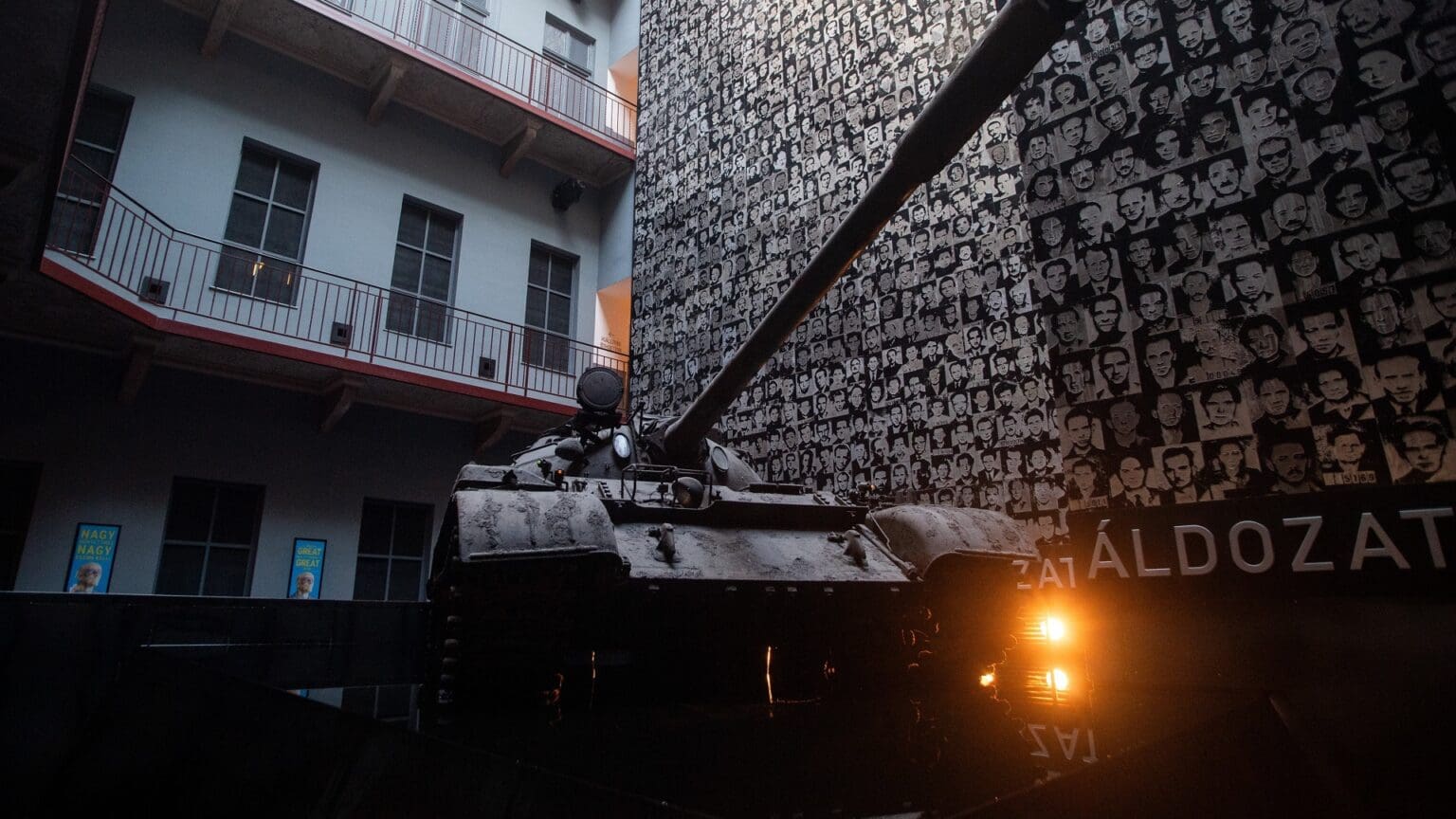
‘What better explains the atrocities committed: coercion or the individual’s capacity or inclination for cruelty? Perhaps both, but to varying proportions.’ Author and historian László Borhi points out in his 2022 book The Strategies of Survival that, in his research, it was not always possible to draw a clear line between the different roles. ‘Several were convicted of collaborating with the Nazis and collaborating in atrocities, while other witnesses claimed that the person in question saved their lives’.
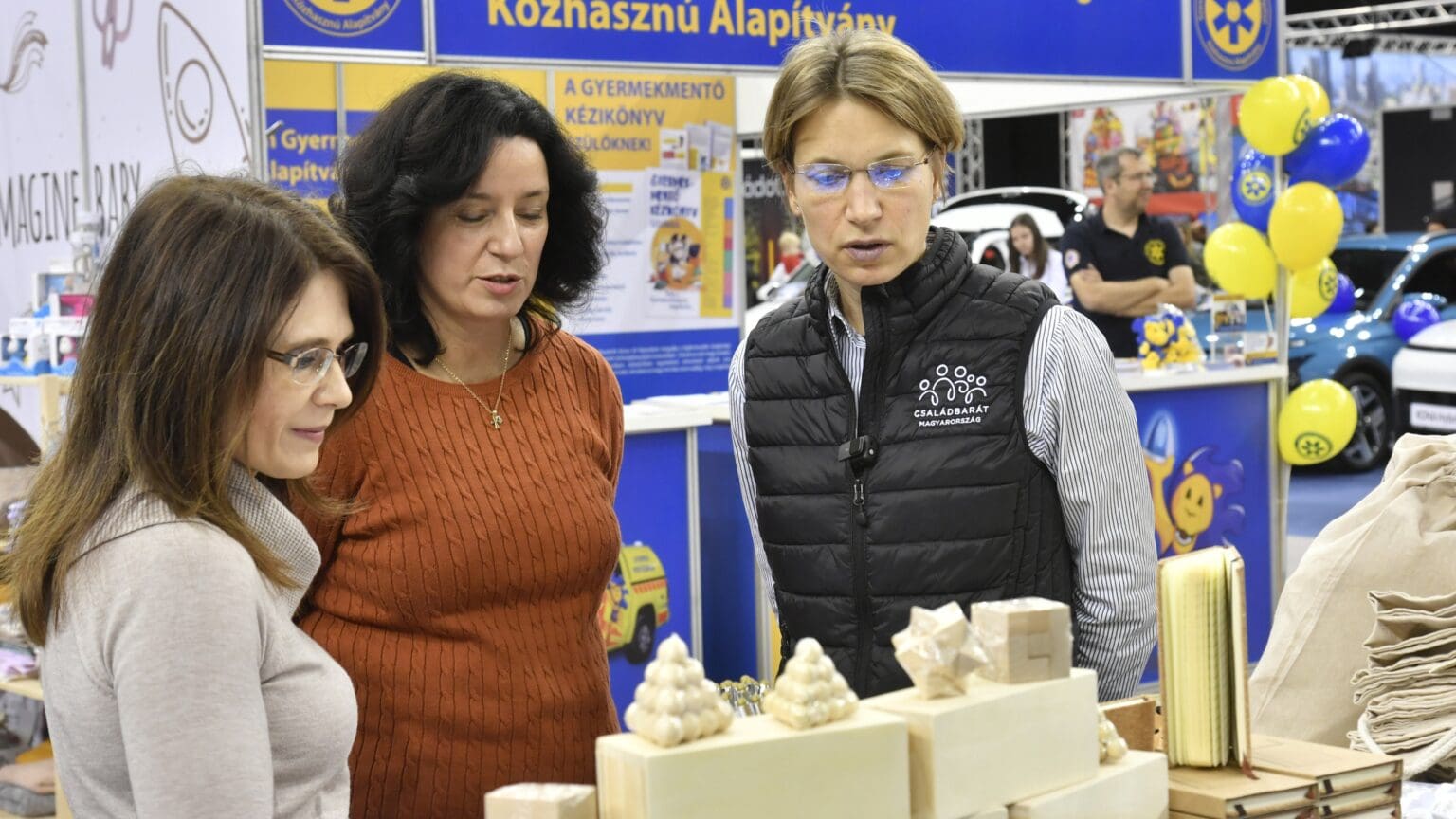
According to information provided by Ágnes Hornung, state secretary responsible for families, this addition will bring the total number of main pillars supporting the Hungarian family support system to four, alongside home creation, financial security, and freedom of choice.